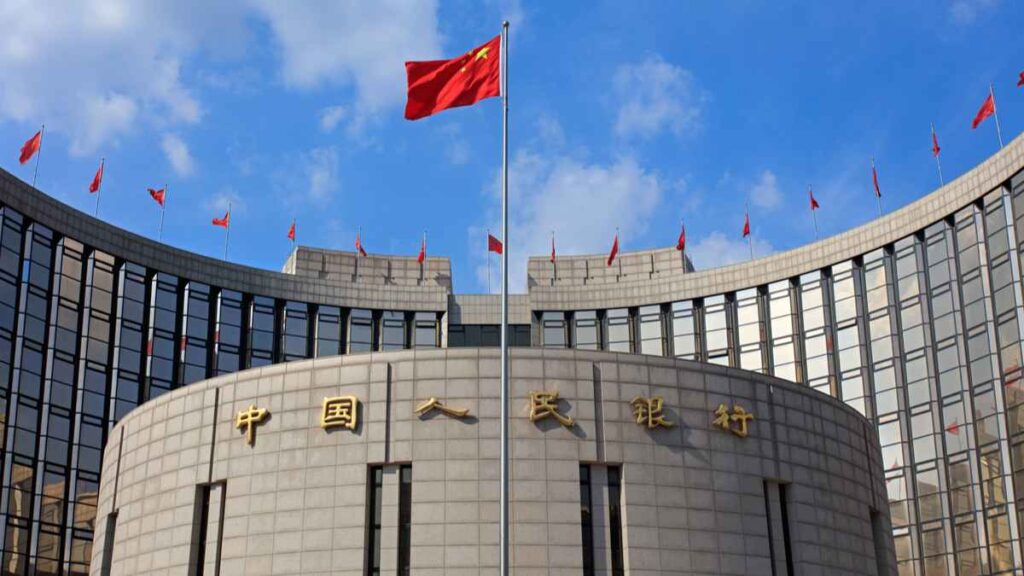
The People’s Bank of China doubled down on Friday its crackdown on all cryptocurrency mining and trading activities by instituting its latest regulation prohibiting overseas cryptocurrency exchanges from accommodating to Chinese citizens under threat of criminal penalty, yielding Bitcoin value.
China’s perception of decentralized currencies is not a thing of the past. As the first country to release paper currency when money was meant to pave the way for this powerhouse to have a say in which direction its economy goes, the People’s Bank of China spoke its peace and declared all cryptocurrencies illegal.
The regulation clearly states that any decentralized transaction is illegal since such currencies “do not have legal tender status,” meaning it “cannot be circulated as currency in the market,” according to China’s Central Bank’s statement.
China has always been outspoken about its stance towards cryptocurrency since the concept of decentralized money could bring down any dominion authorities have on the country’s currency.
The country’s central bank further defended their decision by referring to the world’s largest cryptocurrency, Bitcoin, in addition to various virtual currency transactions as one of the leading disruptors of financial structure, creating an elaborate yet undetectable blueprint for “money laundering, illegal fund-raising, fraud, pyramid schemes, and other illegal and criminal activities,” the bank said in a statement.
Due to the bank’s latest regulatory proceeding, any cryptocurrency transaction will be deemed as criminal financial misconduct in China and the individual behind these transactions will be treated and judged accordingly.

China’s central bank’s latest regulatory rule will eradicate any association with any form of cryptocurrency, be it Bitcoin or its lineage, as the government sets new rules to preserve and protect national security.
To highlight, this regulatory conduct will lead to a decrease in crime such as gambling, illegal fund-raising, fraud, pyramid schemes, excessive energy usage, and much more. The People’s Bank of China forthrightly addressed Bitcoin, Ether, and Tether in their latest tactics by labeling them as illegal virtual currencies.
In 2007, Chinese authorities initiated a plan to deny its citizens any virtual currency exchange within the country’s borders. While the government was implementing harsh and scrutinizing procedures to prevent its residents from indulging in such activities, but people carried on with selling, buying, and mining cryptocurrencies.
China banning all crypto-related transactions had a spiraling effect on Bitcoin, as the monarch of all cryptocurrencies withheld a devastating 8 percent drop in value reaching about $41,000 as of 9 AM in New York following the publicized announcement, according to Bloomberg.
At the moment, Bitcoin value stands at $43,808 as of time of writing, according to CoinDesk.
“China’s ban on all cryptocurrency trading activity will have some short-term impact on the currency’s valuation, but long-term implications are likely to be muted,” assistant professor of finance at Warwick Business School, Ganesh Viswanath Natraj told Bloomberg.
At this stage, the fight between central banks worldwide and cryptocurrency is intensifying faster than ever as China takes the first major initiative to impose its supremacy over the industry on its own turf.
While the Chinese government’s behavior could be perceived as a bit jarring, one must comprehend that this move could be an action to empower China’s Central Bank Digital Currency (CBDC) in the long run and levy control over cryptocurrencies’ exponential energy usage amidst the country’s severe power crisis, resulting in a fluctuation in Bitcoin value.